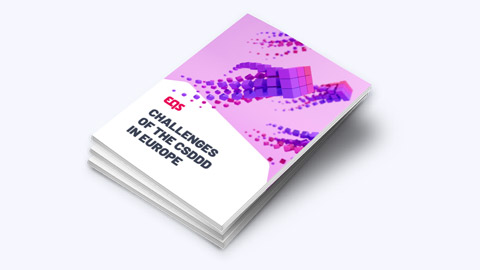Anti-Money Laundering (AML) Legislation in Ireland
his article explores the key aspects of Ireland's AML legislation, its compliance requirements, and the role of various regulatory bodies.

Ireland, like many other countries, has established comprehensive Anti-Money Laundering (AML) regulations to prevent the misuse of its financial systems. The country’s AML framework aims to detect, deter, and disrupt money laundering activities and the financing of terrorism. This article explores the key aspects of Ireland’s AML legislation, its compliance requirements, and the role of various regulatory bodies.
Key Components of AML Legislation in Ireland
Legislative Framework
Ireland’s AML legislation is primarily governed by the Criminal Justice (Money Laundering and Terrorist Financing) Act 2010, which has been amended multiple times to enhance its effectiveness. This Act aligns with the European Union’s AML directives and sets out the legal obligations for reporting entities, including banks, financial institutions, and designated non-financial businesses and professions (DNFBPs).
Central Bank of Ireland
The Central Bank of Ireland plays a pivotal role in enforcing AML regulations. It issues guidelines, conducts inspections, and ensures compliance among financial institutions. The Central Bank has the authority to impose penalties on entities that fail to meet AML standards.
Risk-Based Approach
Ireland adopts a risk-based approach to AML, requiring entities to assess and mitigate the risks of money laundering and terrorist financing. This approach ensures that resources are allocated efficiently, focusing on areas with the highest risk.
Customer Due Diligence (CDD)
Under Irish law, entities must perform thorough Customer Due Diligence (CDD) to verify the identity of their clients. This includes identifying beneficial owners and understanding the nature of the customer’s business. Enhanced Due Diligence (EDD) is required for high-risk customers, such as politically exposed persons (PEPs).
Suspicious Transaction Reporting
Entities are obligated to report any suspicious transactions to the Financial Intelligence Unit (FIU) of the Garda Síochána (Irish Police). Failure to report can result in significant penalties and legal consequences.
Compliance Requirements
Policies and Procedures
All reporting entities must establish robust AML policies and procedures. These should be tailored to the specific risks associated with their operations and regularly reviewed to ensure effectiveness.
Training and Awareness
Continuous training is mandatory for employees of reporting entities to keep them informed about the latest AML regulations and typologies of money laundering. This helps in early detection and prevention of suspicious activities.
Record Keeping
Entities are required to maintain records of transactions and CDD measures for at least five years. This facilitates the investigation and prosecution of money laundering offenses.
Role of Regulatory Bodies
Financial Intelligence Unit (FIU)
The FIU, part of the Garda Síochána, is responsible for receiving, analyzing, and disseminating suspicious transaction reports (STRs). It collaborates with international bodies to combat money laundering and terrorist financing on a global scale.
Department of Finance
The Department of Finance works closely with the Central Bank and other agencies to develop and implement AML policies. It also represents Ireland in international forums on financial crime.
Law Society of Ireland
The Law Society provides guidance to legal professionals on complying with AML regulations. It emphasizes the importance of ethical practices and legal responsibilities in preventing money laundering.
Conclusion
Ireland’s AML legislation is a crucial component of its efforts to combat financial crime. By adhering to stringent regulations and adopting a risk-based approach, Ireland aims to protect its financial system from abuse. Compliance with these regulations not only helps in preventing money laundering but also enhances the integrity and stability of the financial sector. Continuous collaboration between regulatory bodies, financial institutions, and other stakeholders is essential for the effective implementation of AML measures.






